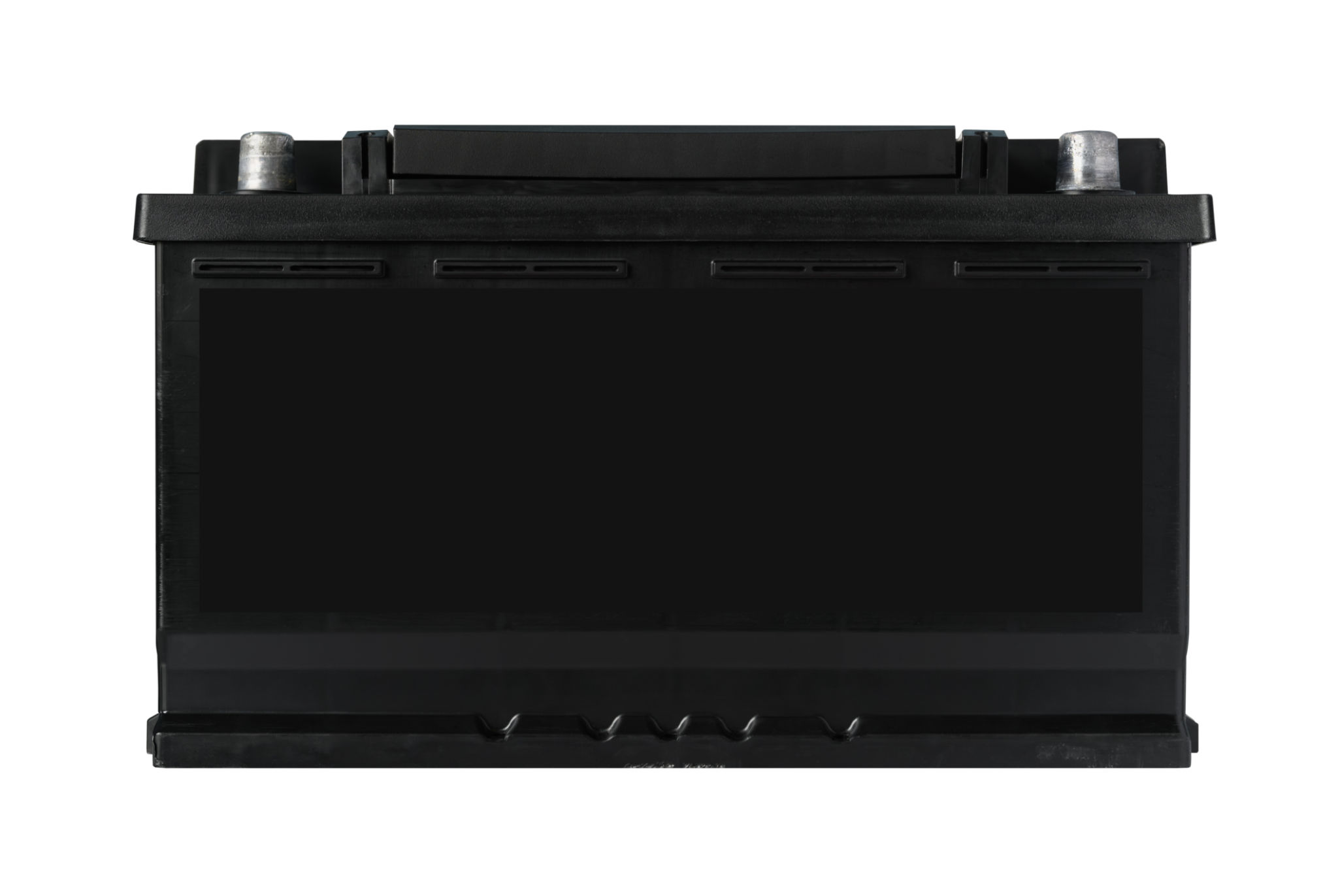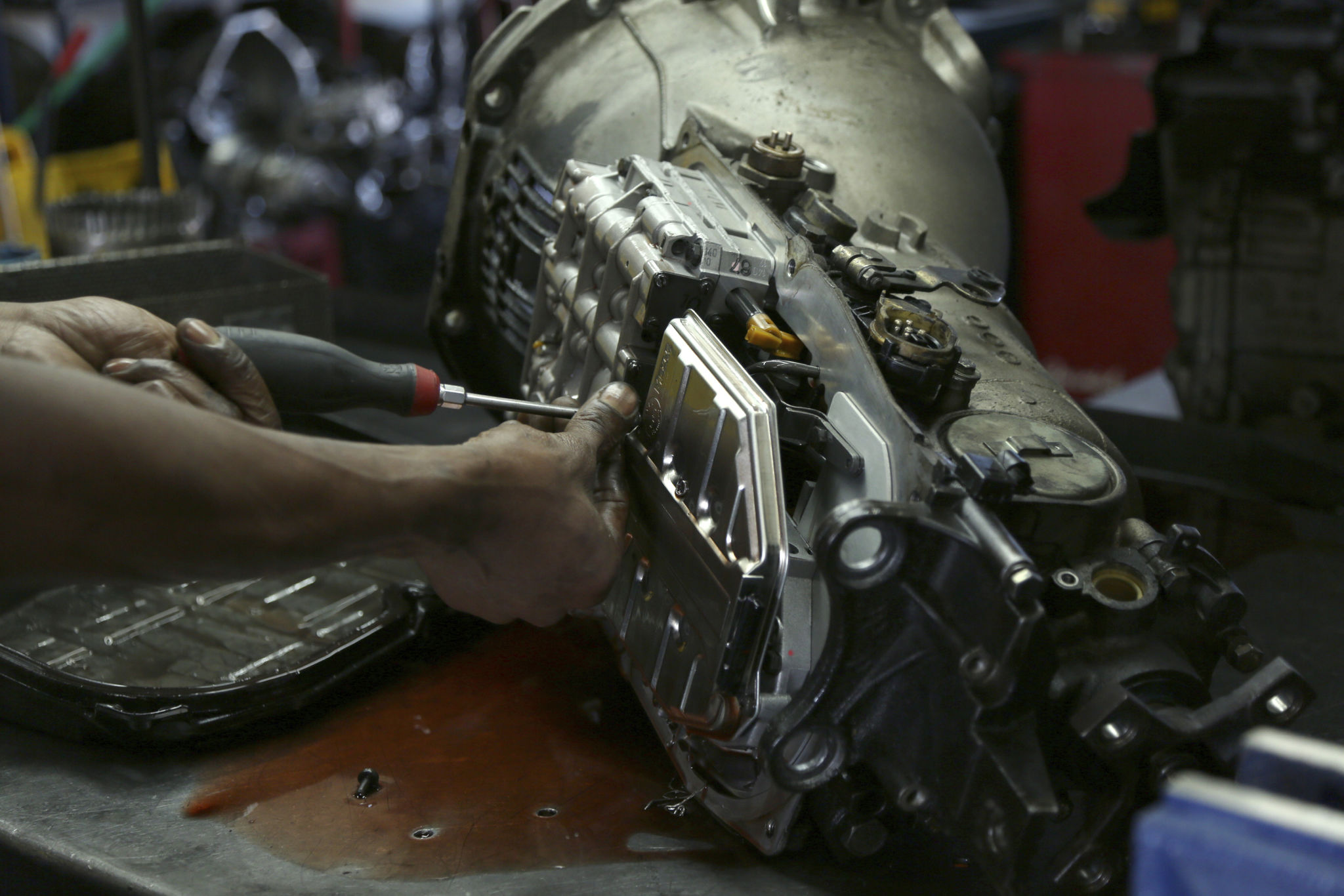Automotive Repairs: Common Issues and How to Prevent Them
Understanding Common Automotive Issues
Owning a vehicle comes with its set of challenges, primarily in the form of unexpected repairs. Understanding the most common automotive issues can save both time and money. Familiarity with these problems can also help in maintaining the longevity of your car.
One frequent issue many drivers face is a flat tire. It can happen due to sharp objects on the road or gradual wear and tear. Regularly checking your tires and maintaining proper inflation can significantly reduce the chances of a flat. Additionally, rotating your tires every 6,000 to 8,000 miles helps in even wear.

Engine Troubles
The engine is the heart of any vehicle, and when it malfunctions, it can be a significant concern. Common engine issues include overheating, oil leaks, and strange noises. Overheating often stems from a faulty radiator or low coolant levels. To prevent this, ensure regular checks on the coolant level and the radiator’s condition.
Oil leaks are another prevalent problem and can lead to severe engine damage if ignored. Regular oil changes and inspections can help detect leaks early. Strange noises could indicate a variety of issues, including problems with the timing belt or exhaust system. Listening to your car and addressing any unfamiliar sounds promptly is crucial.

Electrical System Problems
Electrical issues can range from a dead battery to faulty wiring. A dead battery is often due to leaving lights on or a failing alternator. Regularly testing your battery’s voltage and ensuring all lights are off when the car is not in use can prevent this issue. If you experience flickering lights or malfunctioning indicators, it could be due to wiring problems, which should be addressed by a professional.

Brake System Issues
Brakes are essential for safety, making it critical to address any issues immediately. Common brake problems include squeaking noises, a spongy brake pedal, or the car pulling to one side when braking. These symptoms usually indicate worn brake pads or issues with the brake fluid system.
Regular brake inspections should be part of your maintenance routine. Changing brake pads when needed and ensuring the brake fluid is at the correct level can prevent these problems from escalating.
Transmission Troubles
The transmission system is responsible for shifting gears in your vehicle. Issues such as slipping gears, delayed shifting, or transmission fluid leaks can cause significant driving problems. Often, these result from low transmission fluid levels or worn components.
To prevent transmission issues, regularly check and replace the transmission fluid as recommended by your vehicle’s manufacturer. If you notice any changes in your car’s shifting patterns, it’s best to consult a professional mechanic promptly.

Preventive Maintenance Tips
Preventive maintenance is your best defense against costly repairs. Here are some essential tips:
- Follow the manufacturer’s maintenance schedule.
- Regularly inspect and replace air filters.
- Check fluid levels and top them up as necessary.
- Keep your tires properly inflated and aligned.
By staying proactive with these maintenance tasks, you can ensure your vehicle remains in good condition and reduce the likelihood of unexpected repairs.